About our Sessions
Direct and Indirect Potable Reuse of Reclaimed Water Augmented with Excess Storm Water: A New Holistic Approach to Sustainable Water Resources Management for Central Texas?
In Texas, groundwater and surface water are the primary sources of our public water supply. The economic growth, as well as the scenic beauty and rich wildlife, in the Texas Hill Country is dependent on our region’s water resources. Ironically, the rapid economic growth is posing a major threat to the quality and quantity of these conventional water resources. Under the “One Water” concept those water resources traditionally regarded as nuisances and burdens like sewage effluent and storm water are harvestable resources. Reuse of treated sewage (reclaimed water) as a potable water source can enable a truly sustainable, circular society for water. Yet, potable reuse has been implemented at limited locations in Texas primarily for emergency relief purposes during the severe drought events. This is largely due to the high cost associated with advanced water purification that requires energy-intensive unit processes like reverse osmosis (RO). RO is required to lower the salinity of reclaimed water; however, it generates concentrate that needs to be properly managed. Augmentation of reclaimed water with excess storm water can lower the salinity and may eliminate the need of RO. Development of a simple, reliable, and cost-effective water purification system for the combined water is desirable to enable the circular society for water and minimize environmental impacts in all-weather situations. The purified water can be used for aquifer storage and recovery or directly reused as a potable water. In this presentation, Texas State’s approach to a new holistic advanced purification system will be presented.
Speaker
Keisuke Ikehata PhD, PE
Assistant Professor
Texas State University


